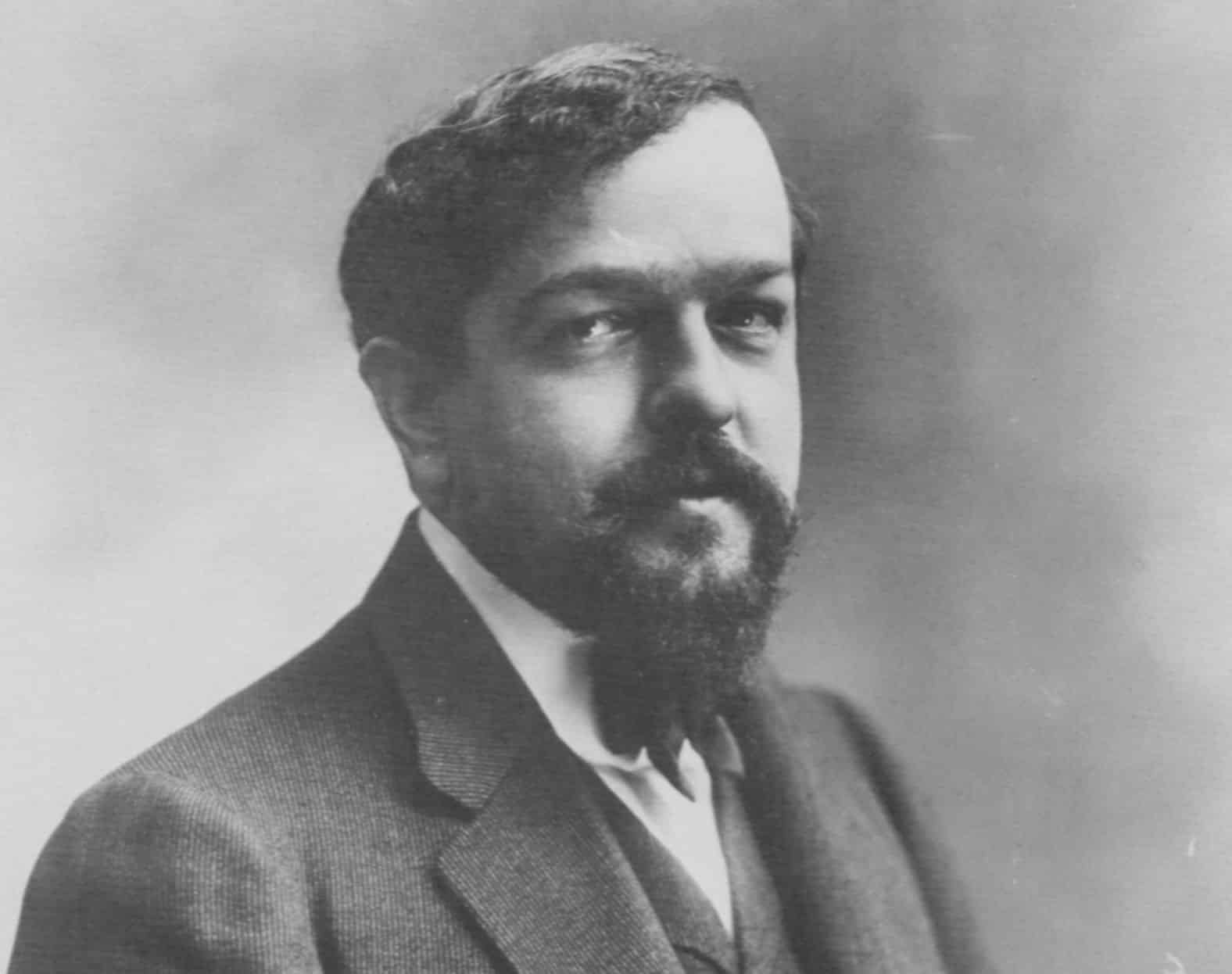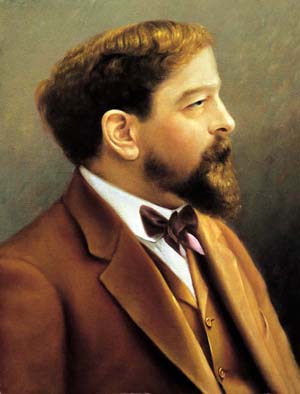Introduction:
Welcome to another exciting journey into the world of classical music! Today, we delve into the life and genius of one of the most influential composers of the late 19th and early 20th centuries – Claude Debussy. Known for his revolutionary approach to music, Debussy’s compositions continue to captivate audiences with their ethereal beauty and evocative power. Join me as we explore the biography of this musical visionary and understand the profound impact he had on the world of music.
Early Life and Musical Education:
Claude Debussy was born on August 22, 1862, in Saint-Germain-en-Laye, France. From an early age, he displayed remarkable talent in music, often experimenting with the piano at his family’s modest home. Recognizing his potential, his parents enrolled him in the Paris Conservatoire at the age of ten, where he studied piano, composition, and music theory.
During his time at the Conservatoire, Debussy was exposed to a wide range of musical styles. He developed a particular fondness for the works of Wagner and Russian composers such as Mussorgsky and Borodin, which greatly influenced his own compositions in later years.
Innovations and the Impressionist Movement:
Debussy’s music, characterized by its atmospheric and dreamlike qualities, defied the traditional forms and structures of classical music. He was one of the pioneers of the Impressionist movement in music, inspired by the Impressionist painters of the time.
Debussy’s compositions, including his seminal work “Prelude to the Afternoon of a Faun,” showcased his innovative use of harmony, tone color, and rhythmic fluidity. He skillfully incorporated elements from Asian and Eastern music, creating a unique and captivating sound world.
His masterpieces, such as “Clair de Lune” from the Suite bergamasque and “La Mer,” transported listeners to an enchanting realm of imagination, where the boundaries between reality and fantasy blurred.
Legacy and Influence:
Debussy’s impact on the world of music cannot be overstated. His revolutionary approach to composition paved the way for modern music and inspired countless composers who followed in his footsteps.
His exploration of new tonalities and his use of non-traditional scales and harmonies opened up new possibilities for musical expression. The fluid and atmospheric nature of his music continues to resonate with listeners, captivating them with its emotional depth and vivid imagery.
Debussy’s influence can be seen in the works of composers such as Maurice Ravel, Olivier Messiaen, and even in the music of jazz and popular genres. His compositions have been featured in numerous films, elevating the cinematic experience with their evocative power.
Conclusion:
Claude Debussy’s life and music are a testament to the power of artistic innovation and imagination. His ability to capture the essence of fleeting moments and emotions through music revolutionized the classical music world and left an indelible mark on musical history.
As we listen to the haunting melodies and ethereal harmonies of Debussy’s compositions, we are transported to a world of beauty and introspection. His legacy as a composer and his contribution to the Impressionist movement continue to inspire musicians and enchant audiences worldwide.
So, the next time you find yourself captivated by the delicate sounds of a piano or immersed in the rich tapestry of orchestral music, take a moment to appreciate the genius of Claude Debussy – the musical impressionist who forever changed the course of classical music.


Comments are closed